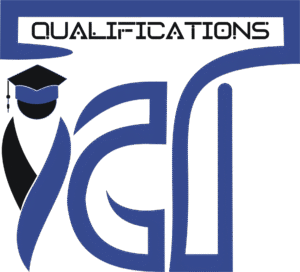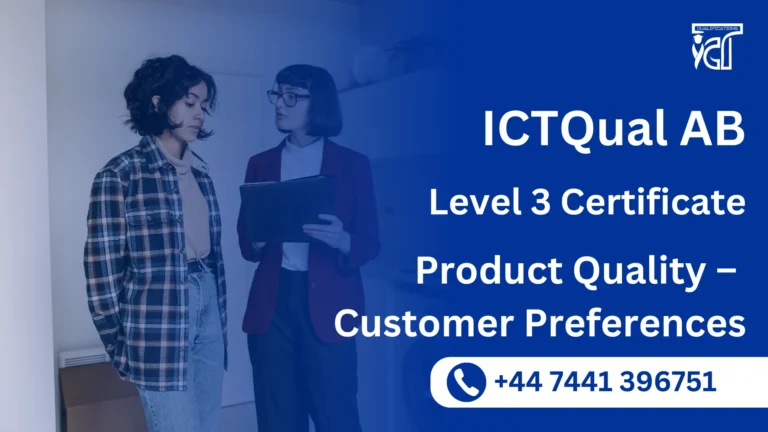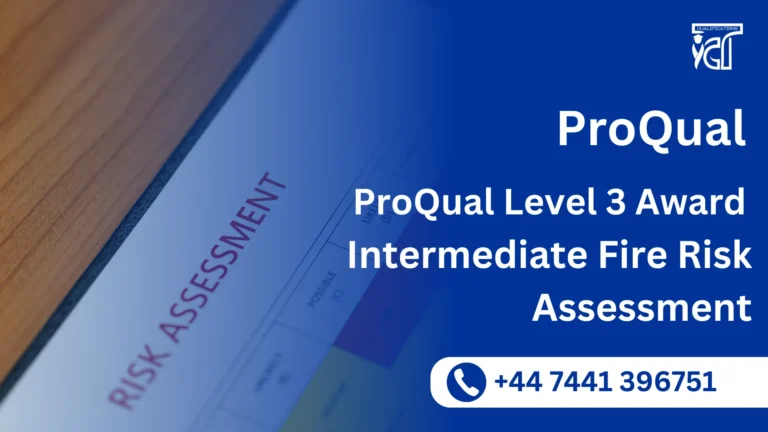ProQual Level 5 Diploma in Advanced Healthcare and Social Care Support Skills
Advanced skills for compassionate care and effective support


Course Level
Level 5
Course Type
Ofqual Regulated
Awarding Body
ProQual
Duration
4 to 6 Month
Study Mood
Online
Assessment
Assignments Based
Course Overview
What is this course
The ProQual Level 5 Diploma in Advanced Healthcare and Social Care Support Skills is designed for professionals who want to take their career to the next level. This accredited UK qualification provides advanced training in healthcare and social care, helping learners develop leadership, management, and specialist support skills that are highly valued across the sector.
With this Level 5 Diploma in Social Care Support Skills, you will gain deeper knowledge in patient care, safeguarding, communication, and professional practice, while also learning how to manage teams and deliver high‑quality services. The program is flexible, making it ideal for busy healthcare assistants, senior care workers, and managers who want to study online while continuing their professional roles.
Employers across the UK recognize the ProQual Level 5 Diploma in Advanced Healthcare and Social Care Support Skills as a trusted qualification. Completing this course not only boosts your confidence and credibility but also opens pathways to senior positions in nursing, public health, and allied health professions.
Affordable, flexible, and career‑focused, this advanced diploma is the perfect choice for those ready to lead in healthcare and social care.
Course Content
Detailed Curriculum Structure
To achieve theProQual Level 5 Diploma in Advanced Healthcare and Social Care Support Skills: Candidates must achieve a minimum of 37 credits:
• 22 credits from the Mandatory Units, plus
• A minimum of 15 credits from the Optional Units
Who Should Attend
Target Audience and Participants
The ProQual Level 5 Diploma in Advanced Healthcare and Social Care Support Skills is designed for professionals who want to move into senior roles and develop advanced expertise in the sector. This course is especially suitable for:
- Senior healthcare assistants and experienced care workers aiming to progress into leadership positions.
- Team leaders, supervisors, and managers in healthcare or social care settings who need accredited advanced training.
- Professionals working in hospitals, clinics, residential care, or community care who want to strengthen management and support skills.
- Individuals seeking a recognized UK qualification to boost career opportunities in nursing, public health, or allied health professions.
- Career changers with prior healthcare or social care experience who want to step into advanced roles.
- Learners planning to continue toward higher‑level diplomas or degrees in healthcare and social care.
This Level 5 Diploma in Social Care Support Skills is ideal for those ready to take on greater responsibility, lead teams, and deliver high‑quality care. By completing the ProQual Level 5 Diploma in Advanced Healthcare and Social Care Support Skills, you gain the confidence, recognition, and advanced skills needed to succeed in a growing sector.
Career & Learning Benefits
Skills, Knowledge & Opportunities You Will Earn
The ProQual Level 5 Diploma in Advanced Healthcare and Social Care Support Skills offers significant advantages for professionals aiming to progress into senior roles and leadership positions.
- Earn an accredited UK qualification recognized by employers across healthcare and social care.
- Develop advanced healthcare support skills including patient care, safeguarding, and professional practice.
- Gain leadership and management training to supervise teams and deliver high‑quality services.
- Strengthen your CV with a ProQual accredited advanced diploma trusted across hospitals, clinics, and care facilities.
- Flexible online study options allow you to balance learning with work and personal commitments.
- Affordable pathway to career progression in nursing, public health, and allied health professions.
- Build confidence to take on senior responsibilities in healthcare and social care environments.
- Open doors to higher‑level diplomas, degrees, and specialized healthcare qualifications.
- Learn transferable skills valuable across residential care, community care, and clinical settings.
- Position yourself for promotions, leadership roles, and long‑term career growth in the sector.
This Level 5 Diploma in Social Care Support Skills is more than just a qualification – it’s a career‑defining opportunity to lead, manage, and make a lasting impact in healthcare and social care.
Need More Information?
Frequently Asked Questions Explained
Enrollment Criteria
Minimum Eligibility Criteria for Enrollment
Lock In Your Spot
Get in Touch
+44 2035 764371
+44 7441 396751
info@ictqual.co.uk
www.inspirecollege.co.uk
Follow Us
Qualification Process
Qualification Process for the ProQual Level 2 Diploma in Healthcare and Social Care Support Skills
- Self-Assessment:
Begin by evaluating your eligibility to ensure you meet the qualification requirements, including work experience, knowledge, and language proficiency. - Registration:
Complete your registration by submitting the required documents, including a scanned copy of a valid ID, and paying the registration fee. - Induction:
An assessor will conduct an induction to confirm your eligibility for the course and explain the evidence requirements. If you do not meet the criteria, your registration will be canceled, and the fee will be refunded. - Assignmnets & Evidence Submission:
Provide all assignmnets and the necessary evidence based on the assessment criteria outlined in the course. If you are unsure of the required evidence, consult with the assessor for guidance on the type and nature of evidence needed. - Feedback and Revision:
The assessor will review your submitted evidence and provide feedback. Evidence that meets the criteria will be marked as “Criteria Met,” while any gaps will be identified. You will be asked to revise and resubmit if needed. - Competence Evidence:
Submit final evidence demonstrating that all learning outcomes have been met. This evidence will be marked as “Criteria Met” by the assessor once it is satisfactory. - Internal Quality Assurance (IQA):
The Internal Quality Assurance Verifier (IQA) will review your evidence to ensure consistency, quality, and compliance with standards. - External Verification:
The IQA will submit your portfolio to ProQual’s External Quality Assurance Verifiers (EQA) for final confirmation. The EQA may contact you directly to verify the authenticity of your evidence. - Certification:
Upon successful completion of all checks, ProQual will issue your official certificate, confirming that you have attained the ProQual Level 3 Diploma in Healthcare and Social Care Support Skills .









